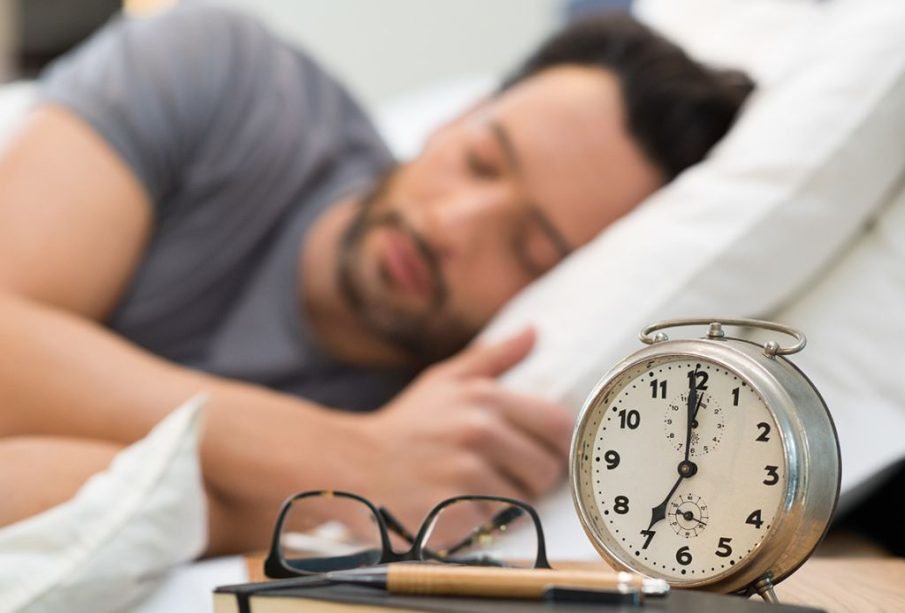How to Improve Your Sleep: Tips for Better Rest

Good sleep is essential for overall health and well-being. It affects your physical health, emotional balance, and productivity. However, many people struggle with getting quality sleep. If you’re looking to improve your sleep and get better rest, here are some practical tips to help you achieve a more restful and rejuvenating night’s sleep.
1. Establish a Consistent Sleep Schedule
Consistency is key when it comes to sleep. Try to go to bed and wake up at the same time every day, even on weekends. This helps regulate your body’s internal clock and can improve the quality of your sleep. Set a bedtime that allows for 7-9 hours of sleep each night and stick to it as closely as possible.
2. Create a Relaxing Bedtime Routine
A relaxing bedtime routine can signal to your body that it’s time to wind down and prepare for sleep. Consider incorporating calming activities into your pre-sleep routine, such as reading a book, taking a warm bath, practicing gentle yoga, or meditating. Avoid stimulating activities, such as intense exercise or engaging in stressful conversations, close to bedtime.
3. Limit Exposure to Screens Before Bed
The blue light emitted by phones, tablets, computers, and televisions can interfere with your body’s production of melatonin, the hormone that regulates sleep. Try to avoid screens at least an hour before bedtime. Instead, opt for activities that don’t involve screens, such as reading a physical book or listening to soothing music.
4. Optimize Your Sleep Environment
Creating a comfortable sleep environment can significantly impact the quality of your sleep. Here are some tips for optimizing your bedroom:
- Keep it Cool: The ideal temperature for sleep is around 60-67°F (15-19°C). Keep your room cool to promote better sleep.
- Darkness: Make your room as dark as possible. Consider using blackout curtains or an eye mask to block out light.
- Quiet: Reduce noise with earplugs, white noise machines, or soothing background sounds.
- Comfortable Bedding: Invest in a comfortable mattress and pillows that provide proper support. Choose bedding that feels good against your skin and helps regulate your body temperature.

5. Watch Your Diet and Hydration
What you eat and drink can affect your sleep. Here are some dietary tips to consider:
- Avoid Caffeine and Nicotine: Both are stimulants that can interfere with sleep. Try to avoid them, especially in the hours leading up to bedtime.
- Limit Alcohol: While alcohol might help you fall asleep initially, it can disrupt your sleep later in the night.
- Don’t Eat Heavy Meals Late: Avoid large, heavy meals close to bedtime. Opt for a light snack if you’re hungry in the evening.
- Stay Hydrated: Drink enough water throughout the day, but try to limit your intake in the evening to reduce nighttime bathroom trips.
6. Get Regular Exercise
Regular physical activity can help you fall asleep faster and enjoy deeper sleep. Aim for at least 30 minutes of moderate exercise most days of the week. However, try to avoid vigorous exercise close to bedtime, as it can be stimulating and interfere with your ability to fall asleep.
7. Manage Stress and Anxiety
Stress and anxiety can significantly impact your ability to sleep well. Incorporating stress-reducing practices into your daily routine can help improve your sleep. Consider the following techniques:
- Mindfulness and Meditation: Practices such as mindfulness and meditation can help calm your mind and reduce stress.
- Deep Breathing Exercises: Techniques such as diaphragmatic breathing can help relax your body and mind.
- Journaling: Writing down your thoughts and worries before bed can help clear your mind and reduce anxiety.
8. Limit Naps
While short naps can be beneficial, long or irregular napping during the day can negatively affect your nighttime sleep. If you need to nap, try to limit it to 20-30 minutes and avoid napping late in the afternoon or evening.
9. Expose Yourself to Natural Light
Natural light helps regulate your body’s sleep-wake cycle. Try to get exposure to natural sunlight during the day, especially in the morning. This can help improve your mood and energy levels and promote better sleep at night. If natural light is limited, consider using a light therapy box.
10. Seek Professional Help if Needed
If you’ve tried these tips and still struggle with sleep, it might be time to seek professional help. Chronic sleep problems can be a sign of a sleep disorder or other health issues. Consult a healthcare provider or a sleep specialist for a thorough evaluation and personalized recommendations.
Conclusion
Improving your sleep is a crucial step towards better health and well-being. By establishing a consistent sleep schedule, creating a relaxing bedtime routine, limiting screen time, optimizing your sleep environment, and managing your diet, exercise, and stress levels, you can enhance the quality of your sleep. Remember that good sleep hygiene takes time and consistency, so be patient with yourself as you implement these changes. Prioritizing sleep will not only help you feel more rested and rejuvenated but also improve your overall quality of life.






















